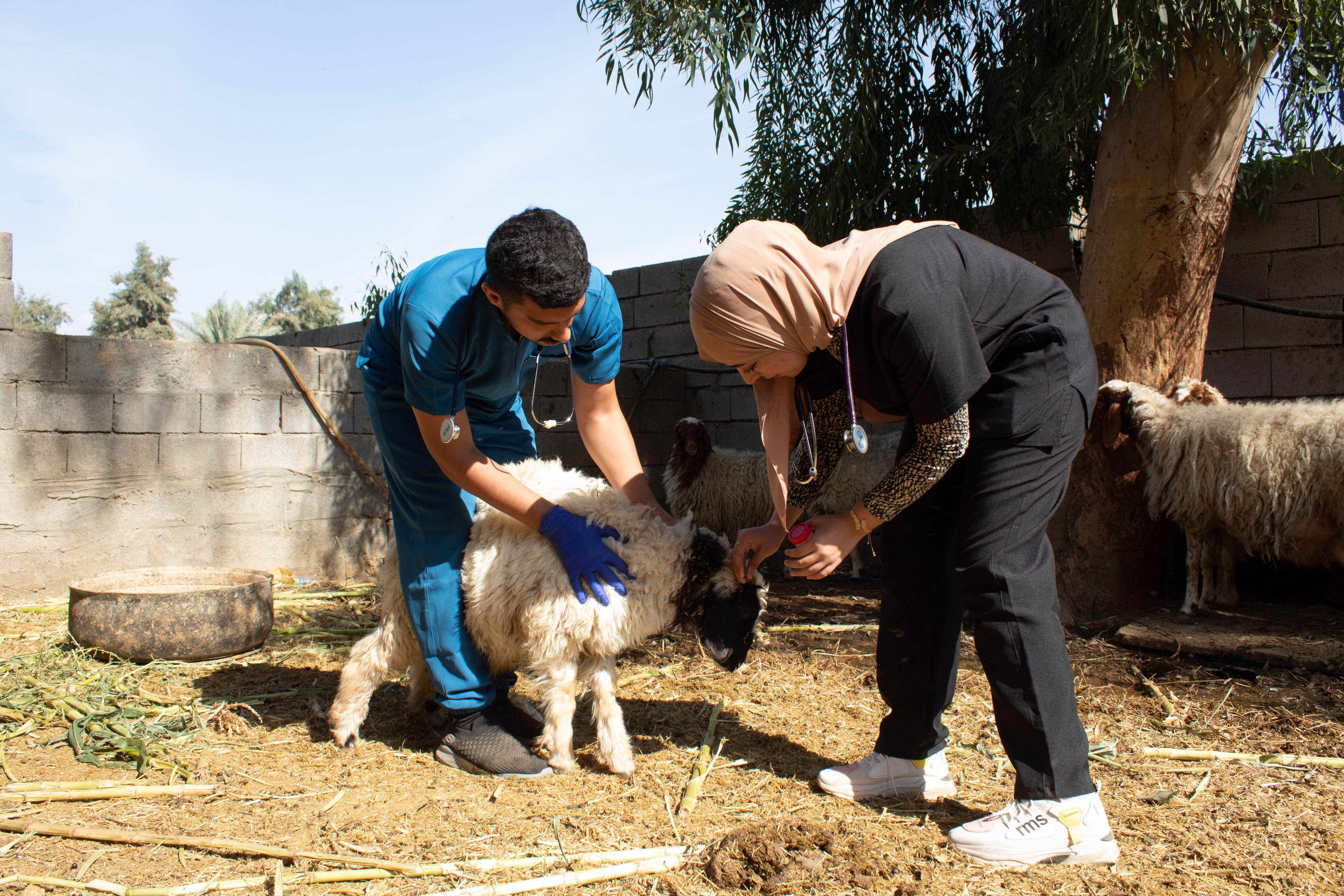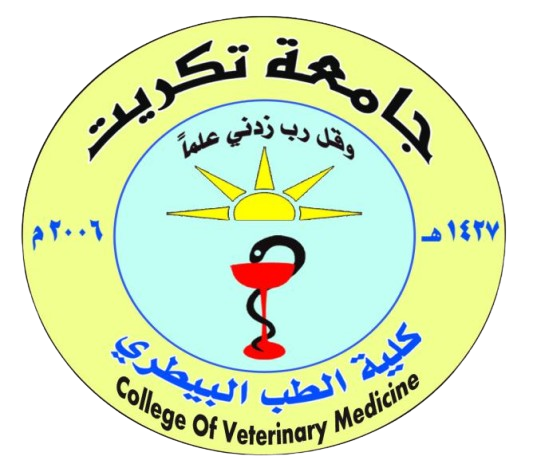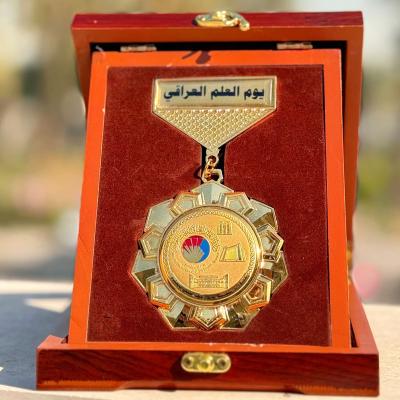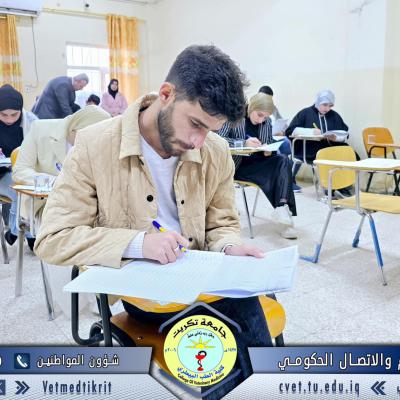Community Services
 Since the mission of the College of Veterinary Medicine – University of Tikrit is to supply the labor market with competent veterinarians by building a strong foundational and knowledge-based structure and equipping graduates with the necessary technical skills, in addition to directing scientific research in the field of veterinary medicine to serve the community and its needs in various areas of the veterinary sector, one of the most important ultimate goals and strategic objectives of the college is to contribute to community service and environmental development through a set of well-defined strategic goals.
Since the mission of the College of Veterinary Medicine – University of Tikrit is to supply the labor market with competent veterinarians by building a strong foundational and knowledge-based structure and equipping graduates with the necessary technical skills, in addition to directing scientific research in the field of veterinary medicine to serve the community and its needs in various areas of the veterinary sector, one of the most important ultimate goals and strategic objectives of the college is to contribute to community service and environmental development through a set of well-defined strategic goals.
Services Provided by the College to the Community:
1. Conducting field visits to poultry farms, calf-rearing and cattle farms, sheep flocks, and fish ponds to assess their needs for vaccines and feed.
2. Establishing the Veterinary Teaching Hospital and specialized units to provide broader services to livestock and cattle breeders, among others.
3. Promoting environmental and cultural awareness in the community through outreach visits.
4. Enhancing public trust in the services provided by the college.
5. Taking corrective decisions in cases of implementation errors or crises.
6. Organizing training courses for graduates of the College of Veterinary Medicine across all specializations to keep them updated on recent advances in veterinary sciences.
Services Provided by the College to Students:
1. Identifying, nurturing, and developing students’ skills, talents, and abilities.
2. Organizing educational and recreational trips.
3. Fostering students’ spirit of participation in scientific activities organized by the college.
4. Training and developing students’ practical skills in community engagement to contribute to advancements in animal husbandry and livestock development.
5. Providing access to specialists to help solve students’ problems.
6. Organizing seminars of relevance to students and the community, raising awareness about the dangers of drugs and smoking.
7. Providing books through the free education program and assisting students in reproducing lectures at nominal costs.
8. Supervising the cafeteria to protect students from inflated prices while ensuring the quality of food provided.






